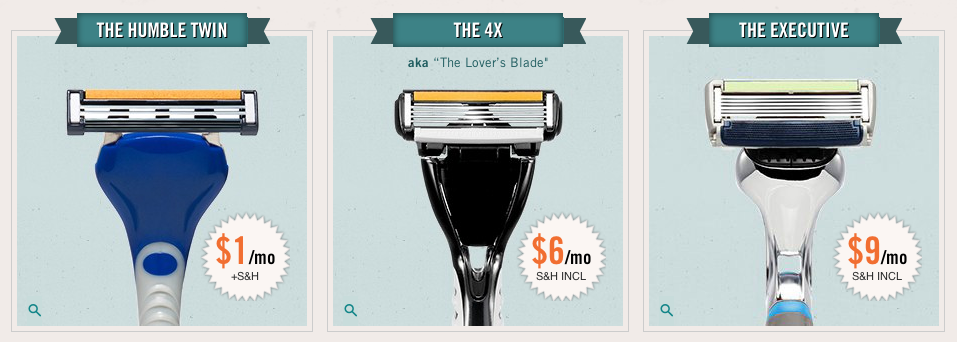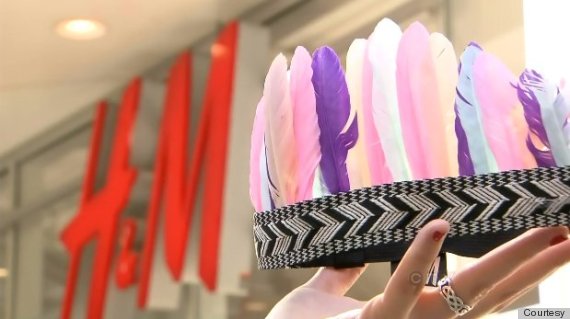A quirky Youtube video went viral in March 2012, skyrocketing the small razor-blade company, Dollar Shave Club. Dollar Shave Club offers monthly subscriptions of $1, $6, or $9 razors and offers extra add-ons such as shave butter and wipes. Spearheaded by CEO Michael Dubin, the unique online-video marketing campaign gained over 10 million views to date and generated over 12,000 orders within 48 hours.
It faced a website crash and lacked logistics during it’s early months. As a small company, it was not ready to handle the volume of traffic and customers could have been lost. My suggestion to other start up businesses would be to invest in a strong server and sort out effective logistics, as well as other overlooked areas before opening up to customers.
“Our blades are excellent. But I don’t see us as a razor blade company. We are a lifestyle company,” states CEO, Michael Dubin.
Now, what I like the most about this company is that it’s fresh and fits the lifestyle of a busy, working man. But there’s a problem: they focus only on men. As a woman, I am certainly interested in a razor-blade subscription like this, but we’re not being targeted what so ever. If they want to stay competitive with brands like Gillette, they need to start targeting Gillette’s consumer base, and that includes females.

 Follow
Follow




